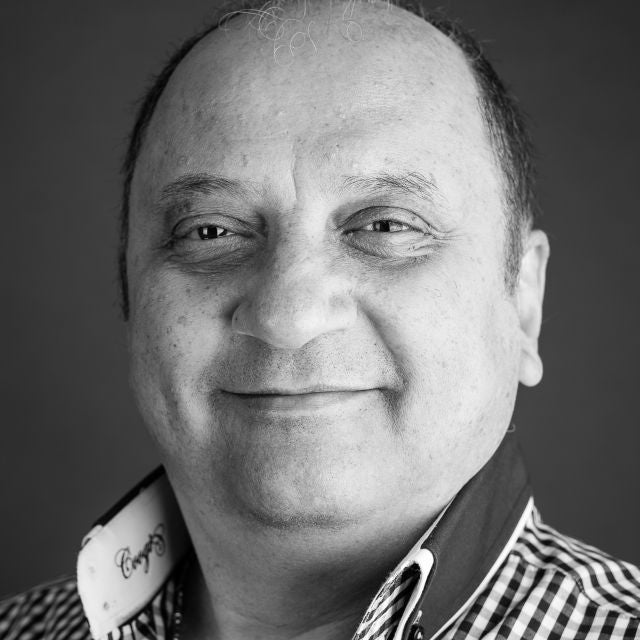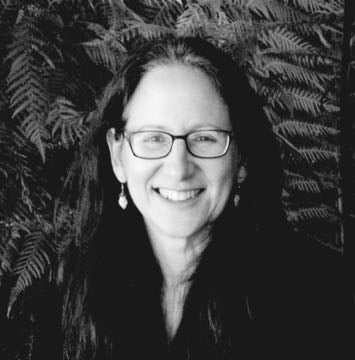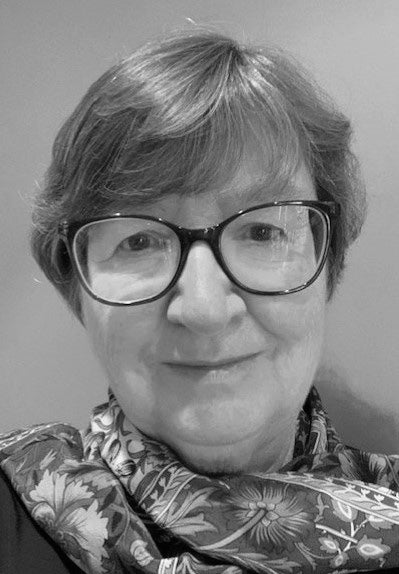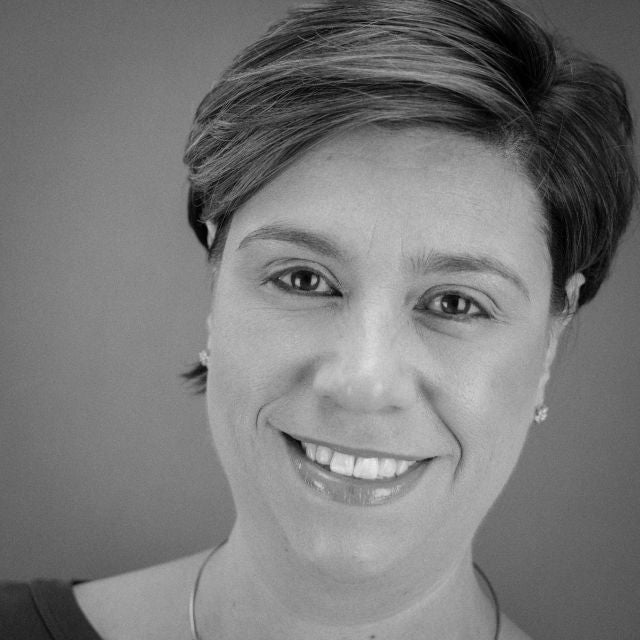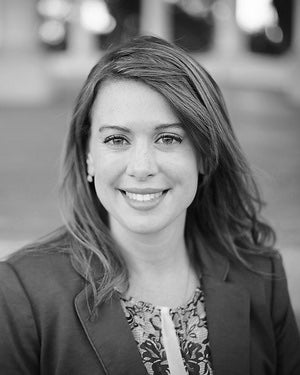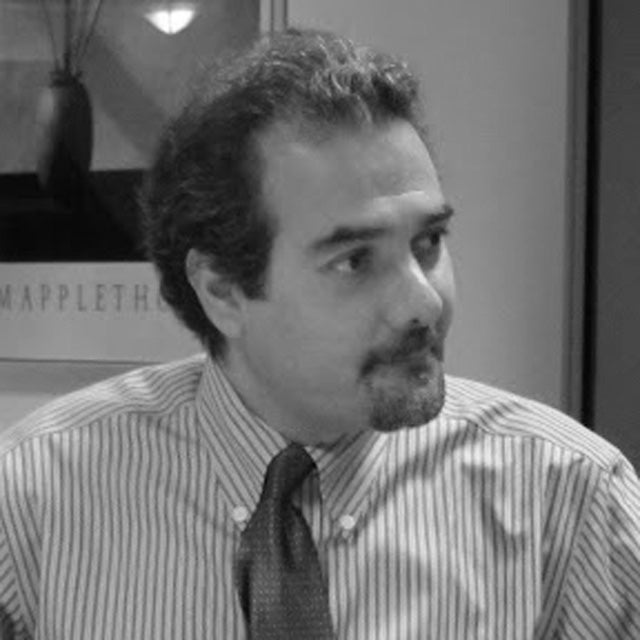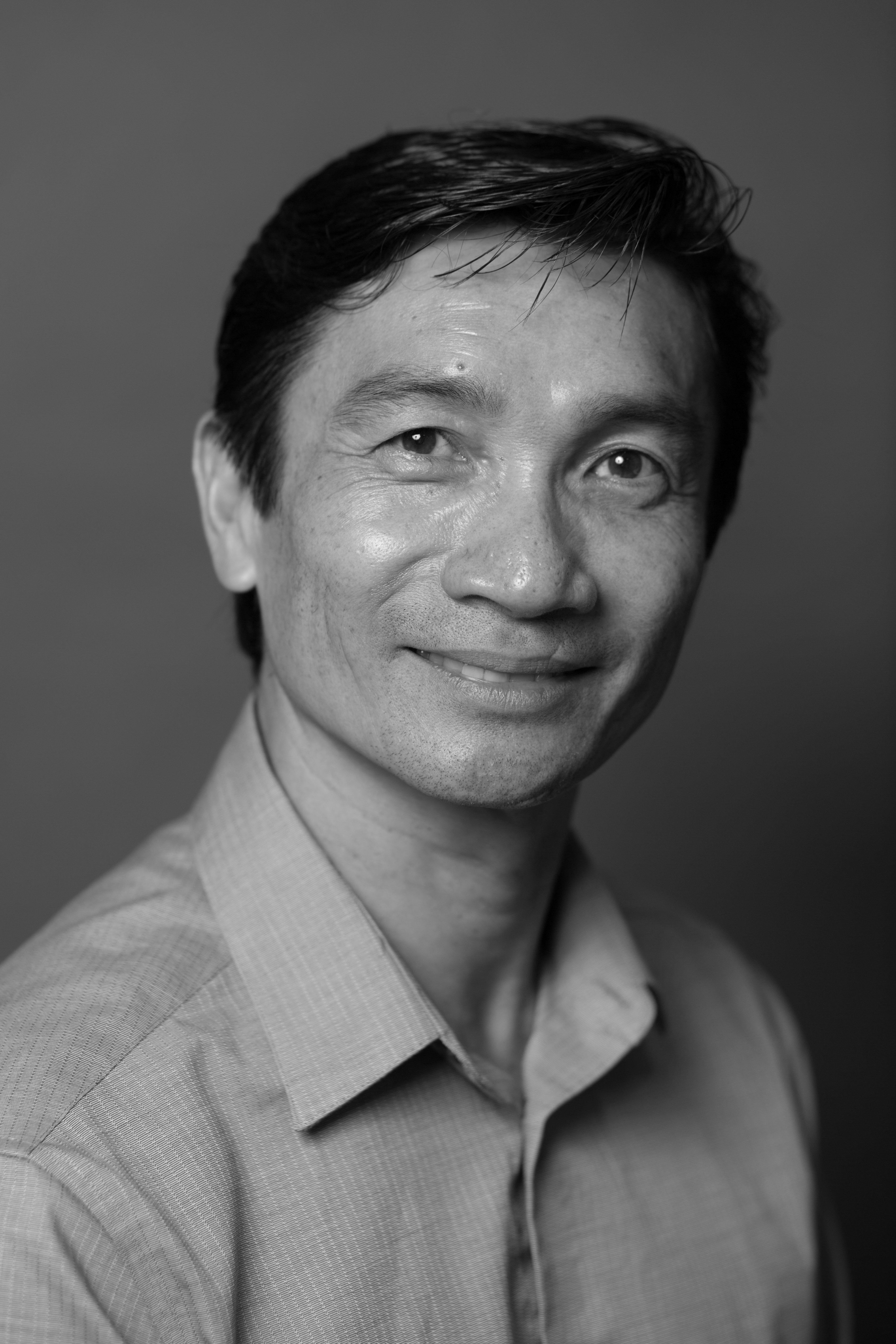Donald Viglione
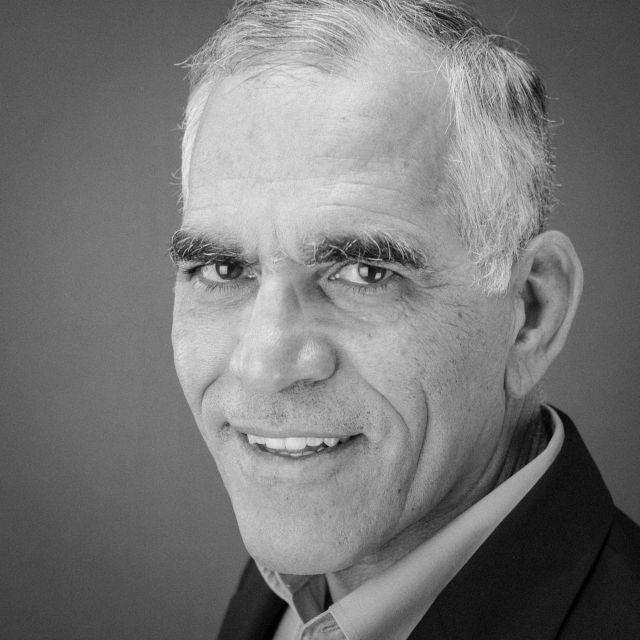
Dr. Donald Vigilione retired in 2018.
Donald Viglione, Jr., Ph.D. is a Distinguished Professor at the California School of Professional Psychology (CSPP) at Alliant International University in San Diego. As a researcher, instructor, and practitioner, he has been working in the area of psychological assessment and testing for over 35 years. Current research includes the empirical validation of the Rorschach and the assessment of malingering, as well as the evaluation of dangerousness, sexual offending, child psychopathology, and trauma. He has published approximately 100 professional papers and is a co-author of the Rorschach Performance Assessment System, an international Rorschach system, first published in 2011. As an instructor, he has taught assessment courses to graduate students and regularly provides workshops to national and international audiences. For many years, he has conducted and supervised psychological evaluations of children, adolescents, adults, and couples for a variety of psychological, forensic, fitness for duty, and professional development/career enhancement reasons.
Dr. Viglione earned his Ph.D. at Long Island University in Brooklyn, New York. Afterward, he completed his internship at the National Naval Medical Center in Bethesda, Maryland and served as a Navy psychologist at Camp Pendleton in California. At CSPP in San Diego, he was the founding Director of the Doctor of Psychology degree program and later the Director of Doctor Philosophy degree program. He is a Diplomate of the American Board of Assessment Psychology and a Fellow of the Society for Personality Assessment.
Rorschach Performance Assessment System and personality assessment. Assessment of malingering and response manipulation, adolescent psychotic-like experiences, child psychopathology; trauma, dangerousness, sexual offense risk. Variety of clinical, fitness for duty, and forensic psychological evaluations.
- PhD, Long Island University
Honors
- Fellow, American Board of Assessment Psychology
- Fellow, Society of Personality Assessment
- Assessment, Personality, and Intellectual
- Sexual offender evaluation
- Viglione, D.J., Wright, D., Dizon, N.T., Moynihan, J.E., DuPuis, S., & Pizitz T.D. (2001). "Evading detection on the MMPI-2: Does caution produce more realistic patterns of Responding?" Assessment, 8 237-250.
- Viglione, D. J., & Hilsenroth, M. (2001). "The Rorschach: Facts, fiction, and future." Psychological Assessment, 13, 452-471.
- Friedberg, R.D., Viglione, D.J., Stinson, B.L., Beal, K.G., Fidaleo, R.A., & Celeste, B.L. (1999) "Perceptions of treatment helpfulness and depressive symptomology in psychiatric inpatients on a cognitive therapy unit." Journal of Rational-Emotive and Cognitive-Behavioral Therapy, 17, 33-50.
- Viglione, D.J. (1999). "A review of recent research addressing the utility of the Rorschach." Psychological Assessment, 11, 251-265.
- Viglione, D.J. & Kates, J. (1997). "A Rorschach child single-subject study in divorce: A question of psychological resiliency." In J. R. Meloy, M.W. Acklin, C.B. Gacono, J.F. Murray, C.A. Peterson (Eds), Contemporary Rorschach Interpretation (pp. 365-388).. Hillsdale, N.J.: Lawrence Erlbaum.
- Viglione, D.J. (1997). "Problems in Rorschach research and what to do about them." Journal of Personality Assessment, 68, 589-600.
- Burns, B. & Viglione, D.J. (1996). "The Rorschach Human Experience Variable, interpersonal relatedness and object representation in nonpatients." Psychological Assessment, 21, 109-112.
- Viglione, D.J., Gottlieb, R., & Friedberg, R. (1995). "Depressive Experiences Questionnaire: An empirical exploration of the underlying theory." Journal of Personality Assessment, 65, 91-99.
- Viglione, D.J., Fals-Stewart, W. & Moxham, E. (1995). "Maximizing internal and external validity in MMPI Malingering Research: A study in a military population." Journal of Personality Assessment, 65, 502-513.
- Exner, J.E., with contributions by Colligan, S.C., Hillman, L.B., Ritzler, B.A., Sciara, T., Viglione, D.J. (1995). A Rorschach Workbook for the Comprehensive System, 4th Ed. Rorschach Workshops: Asheville, N.C.
- Viglione, D.J. (1995). "Basic considerations regarding data analysis." In J.E. Exner (Ed.), Issues and Methods in Rorschach Research (pp. 195-226). Hillsdale, N.J.: Lawrence Erlbaum.
- Netter, B. & Viglione, D.J. (1994). "An empirical study of malingering schizophrenia on the Rorschach." Journal of Personality Assessment, 62, 45-57.
- Morgan, L. & Viglione, D.J. (1992). "Sexual disturbances, Rorschach sexual responses, and mediating factors." Psychological Assessment, 4, 530-536.
- Viglione, D.J. & Perry, W. (1991). "A general model for psychological assessment and psychopathology applied to depression." British Journal of Projective Psychology, 36, 1-16.
- Viglione, D.J. (1990). "Severe disturbance or trauma-induced adaptive reaction: A Rorschach child case study." Journal of Personality Assessment, 55, 280-295. (This article won the Walter Klopfer award for distinguished contribution to the literature in personality assessment).
- Viglione, D.J., Exner, J.E. (1983). "The effects of state-anxiety and limited social-evaluative stress on the Rorschach." Journal of Personality Assessment, 47, 150-154.

